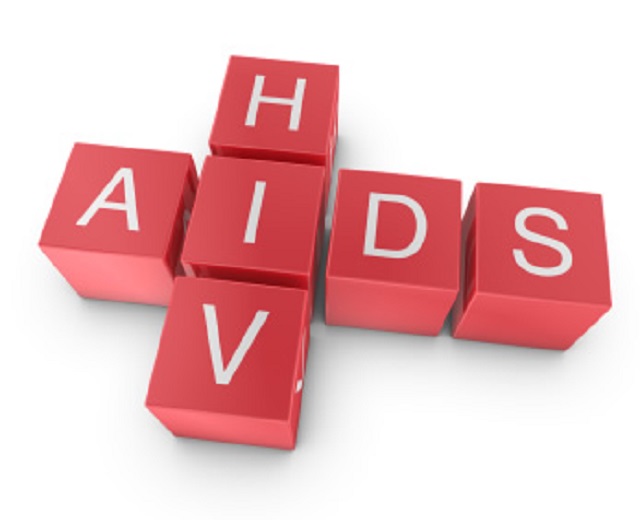EDITORIAL COMMENT: Varsities must emulate MSU on-campus testing

The 15 to 24-year age group is recognised as the most vulnerable in terms of their risk of contracting HIV and other sexually transmitted diseases (STDs).
They are still young and their perception of risk is generally low. They are impressionable as well. They have boundless energy. Many things are new to the adolescents so they are experimental, wanting to understand how they feel.
Because of the foregoing and other factors, many of them engage in dangerous sexual behaviour. This includes running multiple, concurrent sexual partnerships, engaging in unprotected and transactional sex. Some try narcotic drugs too.
Many negative consequences arise from these — unwanted pregnancies, early marriages, contraction of HIV and other STIs and addition to drugs.
To minimise the impacts of these, the Government, non-governmental organisations and other institutions invest a lot of time and resources to ensure that youths change their behaviours by abstaining from premarital sex and if they engage in it, use protection and in cases they get infected by HIV and other STDs, they access treatment.
One very important intervention that can help limit the impact of HIV and Aids and STIs among teenagers and young adults is encouraging them to get tested and making available the facilities for them to access this critical service easily.
The Midlands State University (MSU) has in place mechanisms to test at least 5 000 students for HIV and other ailments at its campuses across the country this year.
This came out during the university’s two-day health expo which ended in Gweru on Wednesday.
Acting director of health services at MSU, Mr Tafirenyika Shoko, said: “We have stakeholders from the health and related sectors at this Health Expo. They set up stands so that students can pass through and access services they are offering such as HIV testing and counselling, information on cancer, diabetes and many other ailments. This is part of our efforts to conscientise our students about the importance of their health which is a form of empowerment. Last year we had 2 600 students passing through the stands being tested and this year we are targeting 5 000 students hence we have made it a two-day affair”.
He said as part of the university’s efforts to raise awareness on HIV, the institution participated at the National HIV Counselling and Testing programme where about 1 200 students got tested.
Mr Shoko said only 0,86 percent of students tested positive to HIV.
The university, one of the country’s biggest by student population must be applauded for promoting the health of its students as university students are at risk of contracting HIV. In fact, statistics from the National Aids Council show that higher and tertiary education institutions have the highest rate of new HIV infections in the country.
Students at universities and colleges are among the most sexually active people in the country. After the strictures of living under the constant eye of their parents and teachers from Grade One to Advanced Level, they suddenly have all the freedom of campus life. They have the time and space at this stage to try drugs, alcohol in addition to sex. It is regrettable that some of them end up hooked to drugs and alcohol while others contract diseases.
MSU did a good thing by holding the exposition and bringing HIV testing and counselling services to campus.
The benefits of on-campus testing are many. It cuts the distance that the students have to travel to access the same services elsewhere. College and university students do not always have the time to travel long distances for such services, although, of course, if it is to drink beer or engage in sex, the question of distance is not a hindrance. The success rate of such facilities being rendered on campus is likely to be high and that is commendable.
Furthermore, the availability of such services at institutions of higher learning suggests that students access them free of charge, a very important aspect if we consider the challenged financial status of students. A free service which is available on campus means that more students are likely to benefit.
Also, we have no doubt that the service available at MSU is specially tailored for students. Students are a unique group of people and a programme that is suitable for older, married people may not be suitable for them. The MSU intervention, should therefore, be relevant to its target audience.
More institutions of higher learning should emulate what MSU has done because the challenges students at the university face are not too different from those experienced by their counterparts at the University of Zimbabwe, Great Zimbabwe University or National University of Science and Technology.









Comments